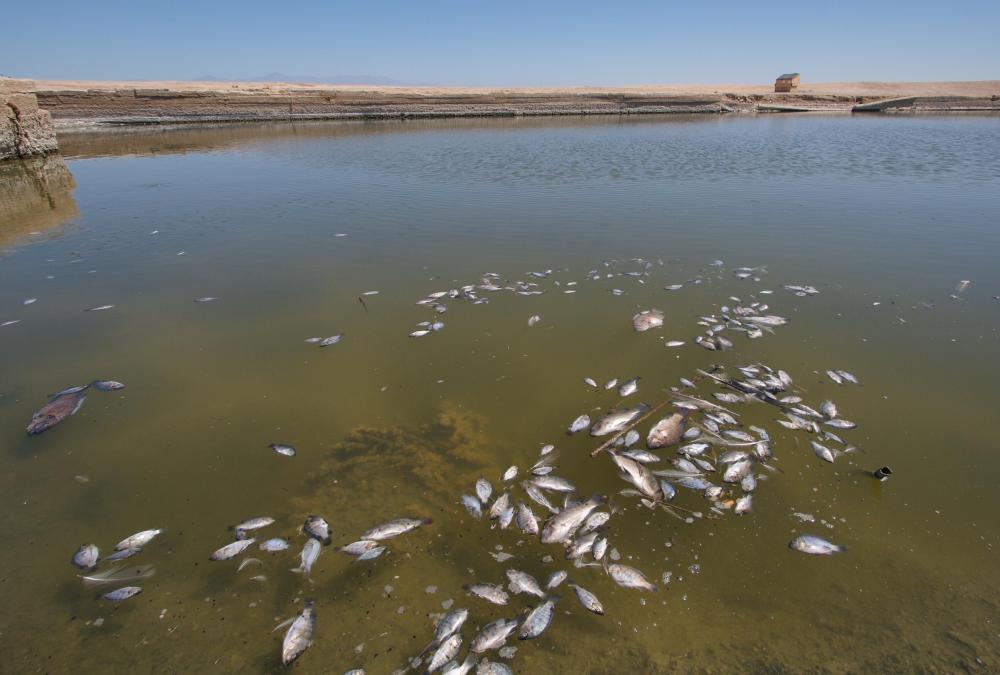What Is Fish Conservation?
Fish conservation is the protection of wild fish populations. Scientists and ecologists who work in fish conservation may work directly with a species of fish, developing policies that protect the future of that species, or they may work to protect and clean up the environment that fish live in. In 2011, fish populations are in decline all over the world, making the conservation of fish species vital.
One component of fish conservation is the responsible management of fisheries. Many species of fish that are caught for food have experienced dramatic population decline in the past few decades. This decline in population can be attributed to a number of different things, including a greater demand for seafood, a change in the temperature of the water, and an increase in pollution. Though the number of fish available has decreased for many fish species, demand for these fish is, in many cases, continuing to rise. Scientists and government agencies must often work together to conserve fish species by imposing strict limits on fishing, both in terms of how many fish can be removed from a given body of water and when those fish can be taken.

Another component of fish conservation is captive breeding. Threatened and endangered fish species can often be bred in captivity and then either released into the wild or grown for human consumption on a farm. Unlike many animal species, many fish readily adapt to release into the natural environment, making it possible to conserve some species by breeding them.

Scientists who work in fish conservation may also focus on the observation of fish species, aquatic ecosystems, and the environment where the fish are found. By gathering data about fish, these scientists can determine which populations may be in jeopardy so that limits on fishing can be put into place. They can also help to determine what types of environmental factors may be influencing the fish population.

Fish are at great risk from environmental pollutants, so a large part of fish conservation involves protecting the environment. Fish need water not just as a habitat but as a source of oxygen and food as well. When the water in a given area has been polluted, fish may die off or become infertile, decreasing the population of fish in that area. Cleaning up environmental contaminants and putting extra protections in place so that water does not become polluted is a large part of fish conservation.
AS FEATURED ON:
AS FEATURED ON:














Discussion Comments
True Heavanet, and we can all do our part by learning about what fish are endangered or caught using unsafe methods, and avoid eating those varieties.
Fish conservation is very important because many species are declining in numbers and even approaching endangerment. We don't think about this when we enjoy a fish dinner, but it is a fact.
Post your comments